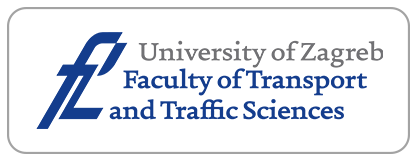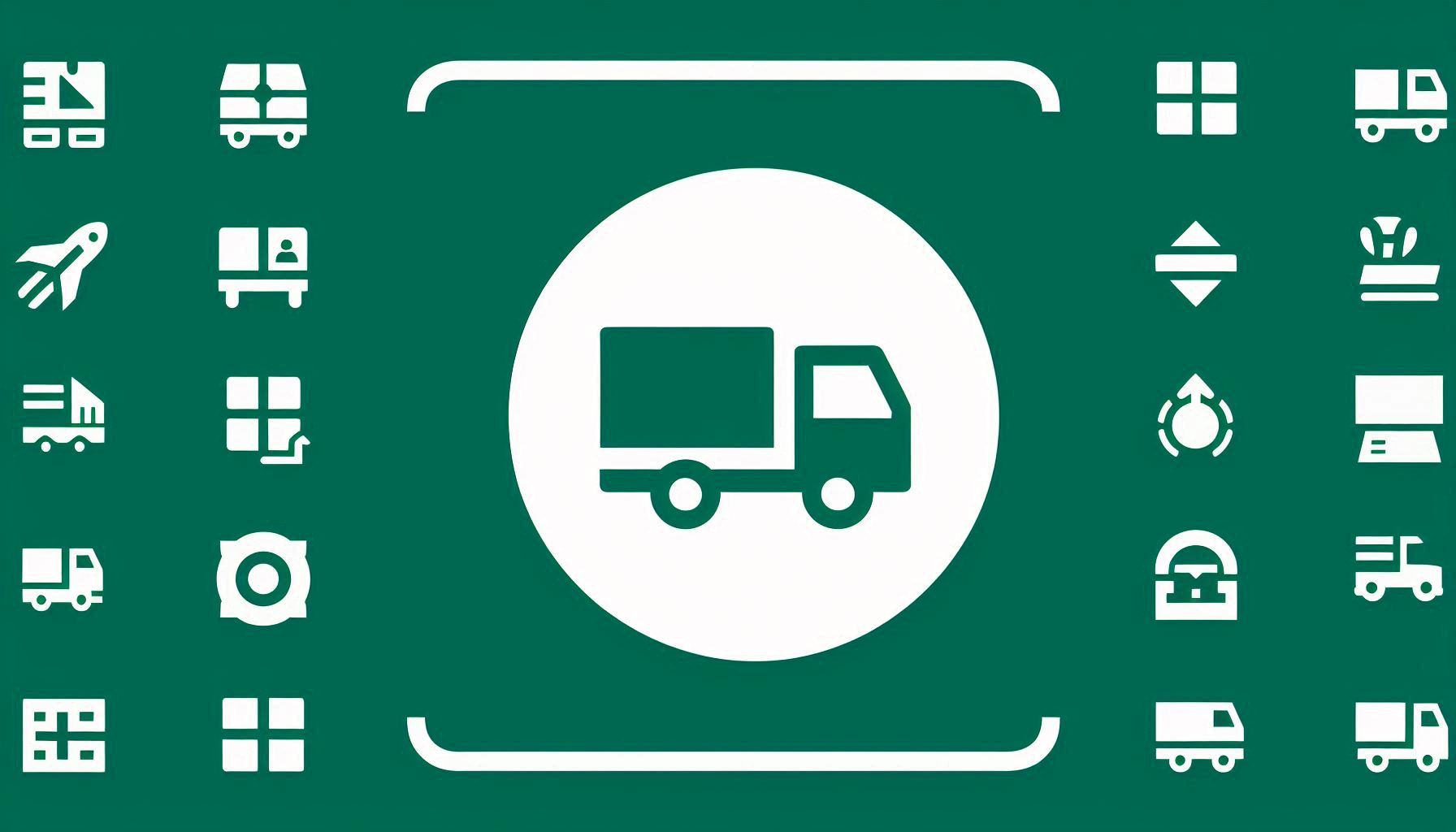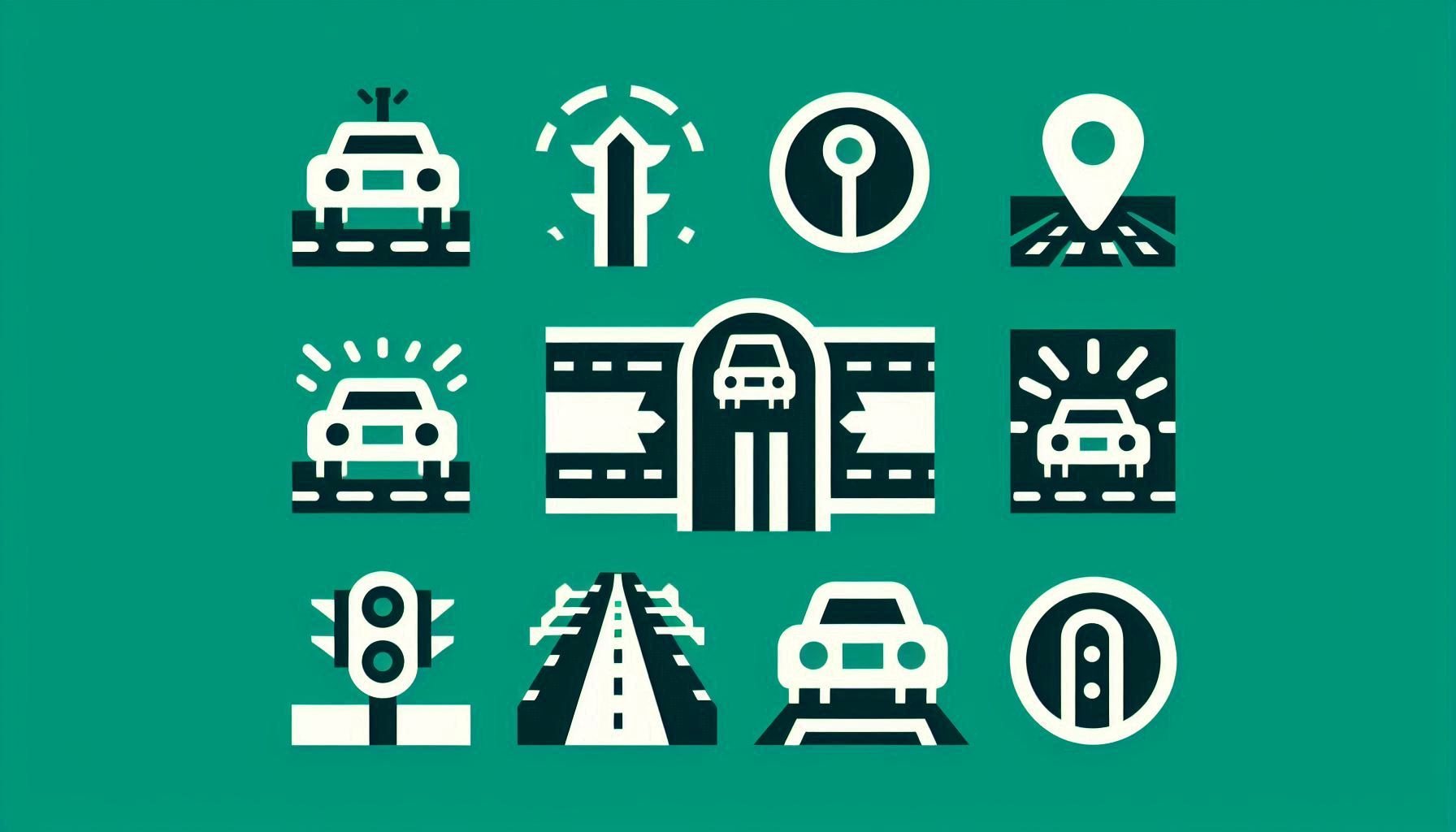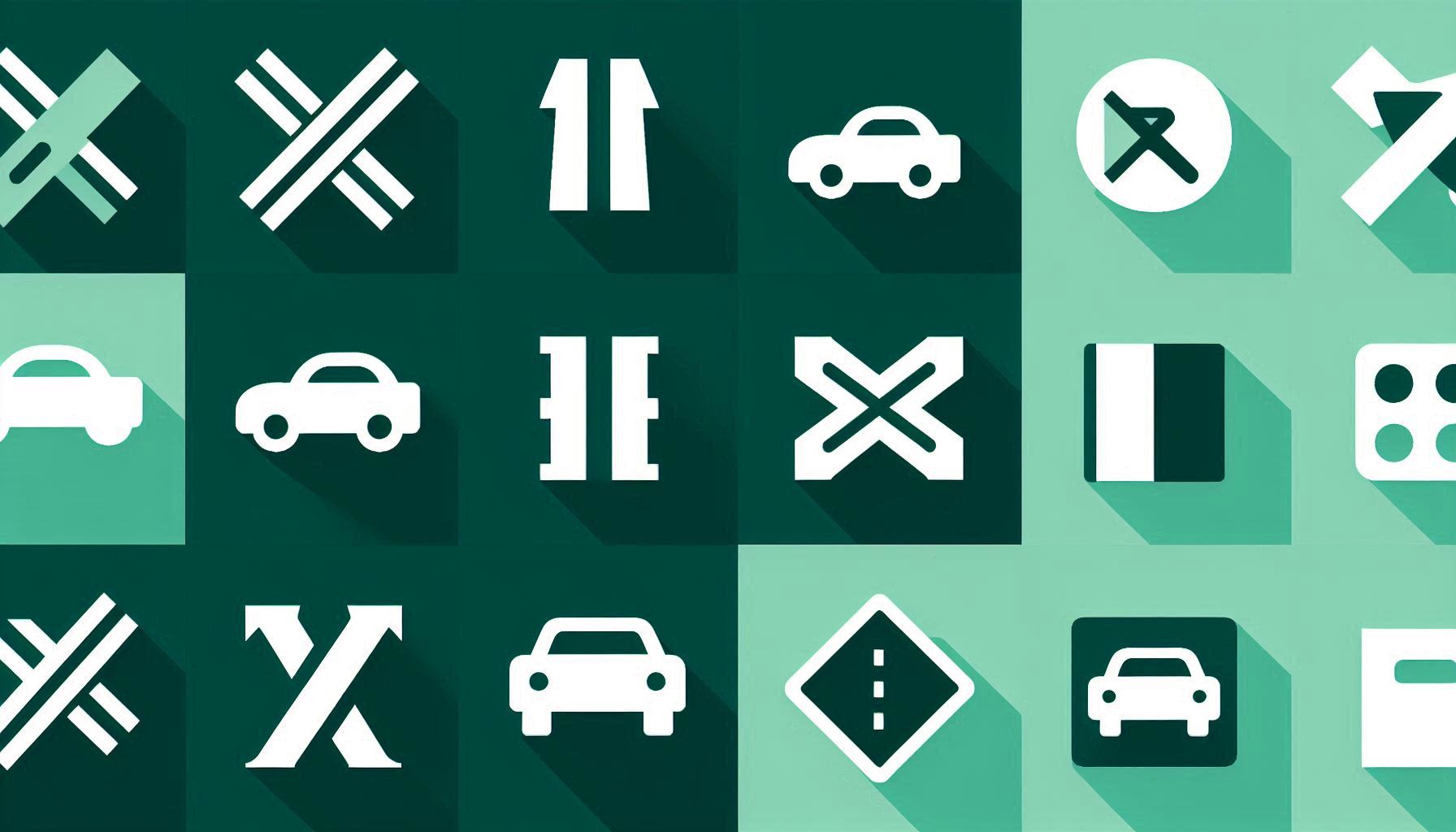Mapping Quality of Service and Quality of Experience to Public Bike Systems – An Empirical Case of New Taipei YouBike

Downloads
Customer service and riding experience are crucial for the success of public transportation systems. This study utilises operational data from a public bike program to develop a quality of service (QoS) model, which involves constructing a dataset of available bikes and docks at each station recorded every five minutes over 55 days across 1,379 rental stations. We developed performance indices and created spatiotemporal visualisations for operational assistance. Additionally, we investigated Google Maps reviews posted by bike users using natural language processing and deep learning techniques to develop a quality of experience (QoE) model. The QoE model analysed 4,256 text reviews and 4,164 image reviews, categorised into intent sentiment, text content and image content. Classification models were developed for detailed opinion analysis. A case study focusing on New Taipei’s YouBike system highlights bike shortages as the most significant challenge, particularly at smaller stations. The QoS model identified bike shortages correlated with negative user perspectives in the QoE model, indicating a connection between objective operational data and subjective cyclist opinions. This QoS-QoE joint model provides an integrated approach to assessing service quality and riding experience for public bike operators and city transportation authorities.
Downloads
Bike Sharing World Map. https://bikesharingworldmap.com/#/all/2.6/0/51.5/ [Accessed June 7, 2024].
Faghih-Imani A, et al. How land-use and urban form impact bicycle flows: Evidence from the bicycle-sharing system (BIXI) in Montreal. Journal of Transport Geography. 2014;41:306-314. DOI: 10.1016/j.jtrangeo.2014.01.013.
O'Brien O, Cheshire J, Batty M. Mining bicycle sharing data for generating insights into sustainable transport systems. Journal of Transport Geography. 2014;34:262-273. DOI: 10.1016/j.jtrangeo.2013.06.007.
Kaltenbrunner A, et al. Urban cycles and mobility patterns: Exploring and predicting trends in a bicycle-based public transport system. Pervasive and Mobile Computing. 2010;6(4):455-466. DOI: 10.1016/j.pmcj.2010.07.002.
Lai S. An acceptance and satisfaction study on public bike system: A case study on Taipei U-Bike system. Journal of the Chinese Institute of Transportation. 2012;24(3):379-405. DOI: 10.6383/JCIT.201209.0379.
Torrisi V, et al. Exploring the factors affecting bike-sharing demand: Evidence from student perceptions, usage patterns and adoption barriers. Transportation Research Procedia. 2021;52:573-580. DOI: 10.1016/j.trpro.2021.01.068.
Guo Y, Zhou J, Wu Y, Li Z. Identifying the factors affecting bike-sharing usage and degree of satisfaction in Ningbo, China. PLOS ONE. 2017;12(9):e0185100. DOI: 10.1371/journal.pone.0185100.
Zhou X. Understanding spatiotemporal patterns of biking behavior by analyzing massive bike sharing data in Chicago. PLOS ONE. 2015;10(10):e0137922. DOI: 10.1371/journal.pone.0137922.
Kim H. Seasonal impacts of particulate matter levels on bike sharing in Seoul, South Korea. International Journal of Environmental Research and Public Health. 2020;17(11):3999. DOI: 10.3390/ijerph17113999.
Faghih-Imani A, Eluru N. Incorporating the impact of spatio-temporal interactions on bicycle sharing system demand: A case study of New York CitiBike system. Journal of Transport Geography. 2016;54:218-227. DOI: 10.1016/j.jtrangeo.2016.06.008.
Jaber A, Csonka B. Assessment of Hungarian large cities' readiness in adopting electric bike-sharing system. Discovery Sustainability. 2024;5(1):id.203. DOI: 10.1007/s43621-024-00413-0.
Eren E, Uz VE. A review on bike-sharing: The factors affecting bike-sharing demand. Sustainable Cities and Society. 2020;54:101882. DOI: 10.1016/j.scs.2019.101882.
U.S. Federal Transit Administration. A Handbook for Measuring Customer Satisfaction and Service Quality. 1999. Washington DC, USA: Transportation Research Board.
International Telecommunication Union. Recommendation P.10: Vocabulary for Performance, Quality of Service and Quality of Experience. 2019. Geneva, Switzerland.
Chinese Society for Quality. Taipei City Public Bicycle Rental System Operational Performance Assessment. 2022. Taipei, Taiwan: Taipei City Department of Transportation.
Kim S, Lee K, Ko E. An analysis of factors affecting satisfaction with Seoul public bike. Journal of the Korea Academia-Industrial Cooperation Society. 2021;22(2):475-486. DOI: 10.5762/KAIS.2021.22.2.475.
Manzi G, Saibene G. Are they telling the truth? Revealing hidden traits of satisfaction with a public bike-sharing service. International Journal of Sustainable Transportation. 2017;12(4):253-270. DOI: 10.1080/15568318.2017.1353186.
Julio R, Monzon A, Susilo, Y. Identifying key elements for user satisfaction of bike-sharing systems: A combination of direct and indirect evaluations. Transportation. 2024;51:407-438. DOI: 10.1007/s11116-022-10335-3.
Chung C, Huang Y. Operations assessment based on open data of public bike systems: A case study of Taipei YouBike. Journal of the Chinese Institute of Transportation. 2016;28(4):455-478. DOI: 10.6383/JCIT.201612_28(4).0003.
Yen B, Mulley C, Yeh C. How public shared bike can assist first and last mile accessibility: A case study of the MRT system in Taipei City, Taiwan. Journal of Transport Geography. 2023;108:103569. DOI: 10.1016/j.jtrangeo.2023.103569.
Schmidt R. Recurrent neural networks (RNNs): A gentle introduction and overview. arXiv preprint. 2019;1912.05911. DOI: 10.48550/arXiv.1912.05911.
Rawat W, Wang Z. Deep convolutional neural networks for image classification: A comprehensive review. Neural Computation. 2017;29(9):2352-2449. DOI: 10.1162/NECO_a_00990.
Duran-Rodas D, Villeneuve D, Wulfhorst G. Bike-sharing: The good, the bad, and the future: An analysis of the public discussion on Twitter. European Journal of Transport and Infrastructure Research. 2020;20(4):38-58. DOI: 10.18757/ejtir.2020.20.4.5307.
Tao C, Cheung Y. Social media mining on Taipei's mass rapid transit station services based on visual-semantic deep learning. WSEAS Transactions on Computers. 2022;21:110-117. DOI: 10.37394/23205.2022.21.16.
Yang Y, Heppenstall A, Turner A, Comber A. Who, where, why and when? Using smart card and social media data to understand urban mobility. ISPRS International Journal of Geo-Information. 2019;8(6):271. DOI: 10.3390/ijgi8060271.
Tao C, Chen T. Sentiment orientation analysis of Internet public opinions by using social computing: The case of implementing distance-based electronic toll collection policy on Taiwan's freeway. Journal of the Chinese Institute of Transportation. 2016;28(3):295-334. DOI: 10.6383/JCIT.201609_28(3).0002.
Svartzman G, Ramirez-Marquez J, Barker K. Social media analytics to connect system performability and quality of experience, with an application to Citibike. Computers & Industrial Engineering. 2020;139:106146. DOI: 10.1016/j.cie.2019.106146.
Sun F. Jieba: GitHub repository. https://github.com/fxsjy/jieba.
Mikolov T, Chen K, Corrado G, Dean J. Efficient estimation of word representations in vector space. arXiv preprint. 2013;1301.3781. DOI: 10.48550/arXiv.1301.3781.
Hochreiter S, Schmidhuber J. Long short-term memory. Neural Computation. 1997;9(8):1735-1780. DOI: 10.1162/neco.1997.9.8.1735.
He K, Zhang X, Ren S, Sun J. Deep residual learning for image recognition. arXiv preprint. 2015;1512.03385. DOI: 10.48550/arXiv.1512.03385.
Copyright (c) 2025 Chih-Lin CHUNG, Chen-Hao YUE, Chi-Chung TAO

This work is licensed under a Creative Commons Attribution-NonCommercial 4.0 International License.




















